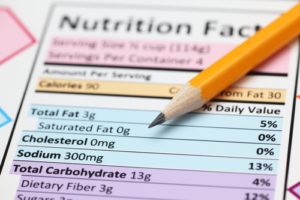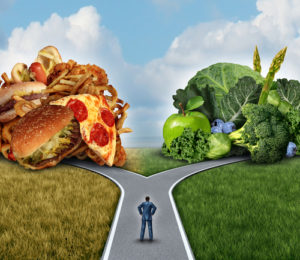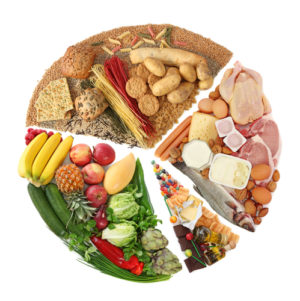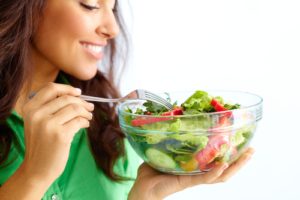Topic starter: What you eat and drink in a 24 hour period.
Energy:
You need energy for daily activities. What is converted into energy proteins, fats, and carbohydrates in the recommended quantities. Energy fuels your body, you need metabolism for physical activity. If you consume too much energy for your body to process, so when you burn off the metabolism for your activities for the day, the excess is stored as body fat. Balance your energy consumption. The more active you are the more energy you need.
Fat:
Fat contributes to energy and helps you absorb vitamins. Fat is a rich source of energy, but only intake the recommended amount for your age and size. You should intake mostly unsaturated fats, found in fish, nuts and seeds, spreads, olive oil. Avoid too much saturated fat, it can raise your cholesterol, which will increase the risk for heart disease.
Sugars:
Sugars are carbohydrates that provide your body with energy, be careful to distinguish sugar and carbs, some foods have carbs, and you don’t think your consuming sugar, but carbs turn into sugar when your body metabolizes it. Too much sugar is not good and can lead to high blood sugar, or Type II diabetes. Balance is the key here.
Sodium (salt):
Sodium is required for good health; however, too much can cause adverse health effects through rising of the blood pressure. Your diet generally contains far more sodium than needed, fast foods contain lots of sodium as a way to preserve the food. almost every food contains sodium, you really have to watch your intake. High blood pressure and heart issues can arise. The counter for sodium is potassium. Potassium flushes out sodium and visa versa. But diabetic need to watch out, for most foods are drinks with potassium have sugar.
Protein:
Protein is important for the growth and repair of the body’s cells and for building muscle. It can also be used to provide energy. Animal based foods are excellent sources of protein, fish, meat, chicken, eggs, milk, cheese, and nuts such as peanuts and more nuts have protein. Vegetable based protein include legumes – soybeans, baked beans, kidney beans, one of my favorites, also chickpeas, and lentils. grain based foods such as bread, cereal, rice and pasta. Best to choose protein-rich foods are low in saturated fat
Carbohydrates:
Carbs are the main source of energy that fuels your body and everything, even thinking. Carbs are sugars and starches. Diabetics need to be always aware of carb intake.





custom papers writing https://write-my-paper-for-me.org/
buy college papers https://doyourpapersonline.com/
paper writer services https://top100custompapernapkins.com/
write my college paper for me https://researchpaperswriting.org/
paper writing services online https://cheapcustompaper.org/
pay for paper https://writingpaperservice.net/
write my psychology paper https://buyessaypaperz.com/
custom college paper https://writemypaperquick.com/
buy psychology papers https://essaybuypaper.com/
custom paper writing service https://papercranewritingservices.com/
write my paper reviews https://ypaywallpapers.com/
best paper writing service https://studentpaperhelp.com/